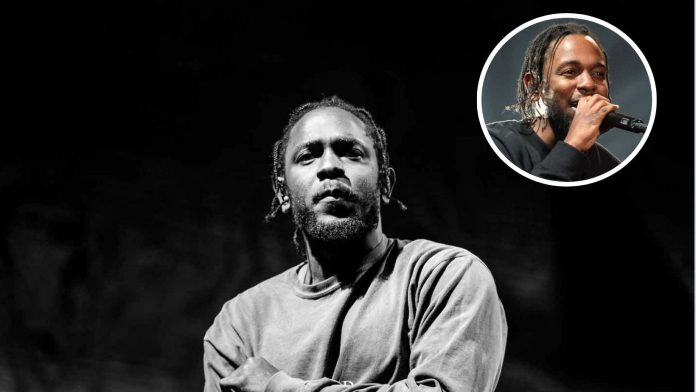- Kendrick Lamar is accused of using a ghostwriter for the track “N95” from his album “Mr. Morale & The Big Steppers,” with CJ Francis IV being identified as the potential ghostwriter.
- The ghostwriting allegations have been fueled by social media claims and a leaked demo from 2019, but remain speculative.
- The feud between Lamar and Drake is part of a longer history of competition and collaboration between the two artists, with both engaging in subtle and overt disses.
- The issue of ghostwriting and the crediting of collaborators in the music industry is a topic of ongoing debate within the hip-hop community.
Kendrick Lamar has been accused of using a ghostwriter for the track “N95” from his 2022 album, “Mr. Morale & The Big Steppers.” The ghostwriter in question is CJ Francis IV, who is also associated with Quentin Miller, the ghostwriter for Drake.
This accusation has surfaced amidst the ongoing feud between Kendrick Lamar and Drake, which has been escalating with alleged leaked diss tracks. The controversy surrounding ghostwriting in the music industry has been a point of contention for many artists, with Drake himself having faced similar allegations throughout his career.
The accusation against Kendrick Lamar is based on a Twitter user, @certifiedjared, and various social media pages claiming that Francis IV used the flow and some lyrics from a demo supposedly from 2019, which are present in “N95.” However, it’s important to note that this claim remains speculative, and there are counter-arguments and questions about the veracity of the leak and the crediting of ghostwriters in the music industry. The issue of ghostwriting is a complex one, with artists and their teams often using ghostwriters to help with songwriting, but the key is ensuring that these individuals are credited appropriately.
The feud between Kendrick Lamar and Drake has been a long-simmering issue, with both artists having released diss tracks against each other. This feud has been fueled by various factors, including public digs and barbed exchanges in diss tracks. Drake has defended himself against ghostwriting allegations, stating that music can be a collaborative process and that he is not ashamed to use individuals to spark ideas. Kendrick Lamar, on the other hand, has hinted at the use of ghostwriters in his music, particularly in the track “King Kunta” from “To Pimp a Butterfly.”

The history of the beef between Kendrick Lamar and Drake dates back to their early careers, with both artists having made comments that have fueled the feud. Drake has questioned Lamar’s focus on creating “moments” rather than bodies of work, while Lamar has been accused of laughing at Drake’s expense during interviews. The feud has evolved over the years, with both artists releasing music that has sparked controversy and debate among fans and critics alike.
In conclusion, the accusation of Kendrick Lamar using a ghostwriter for “N95” is part of a larger conversation about ghostwriting in the music industry and the ongoing feud between Kendrick Lamar and Drake. The issue of ghostwriting is complex and multifaceted, with artists and their teams often using ghostwriters to help with songwriting. However, the key is ensuring that these individuals are credited appropriately. The feud between Kendrick Lamar and Drake has been a long-simmering issue, with both artists having released diss tracks against each other, fueled by various factors, including public digs and barbed exchanges in diss tracks.
Also Read: Hip-Hop Icon DJ Mister Cee Passed Away At 57



